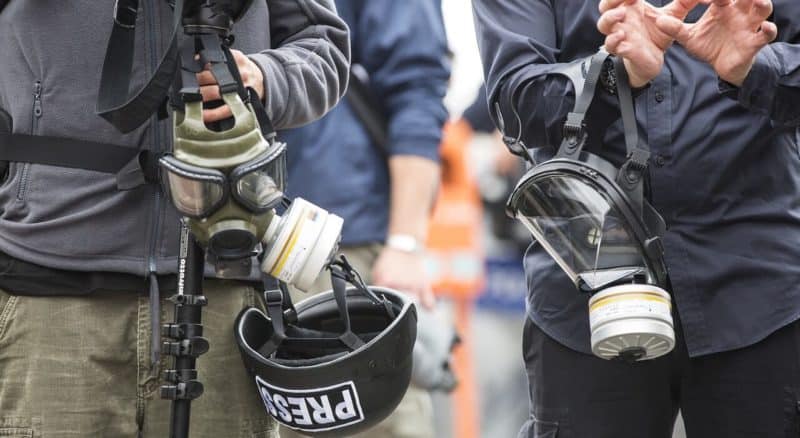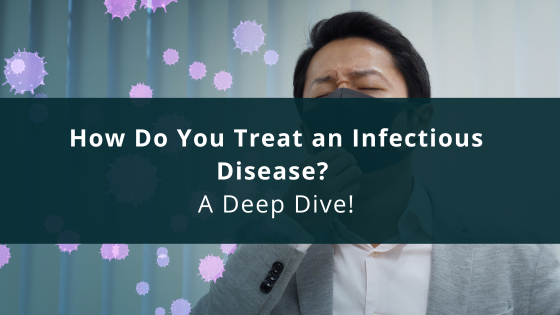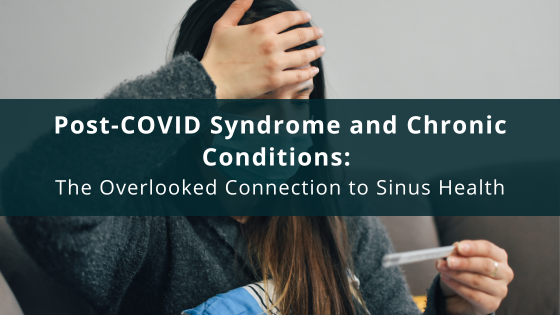Hollywood or Reality? The Ebola Virus Arrives
When I first heard that American Dr. Kent Brantley was going to be transported to Emory University Hospital’s special uber-contagious disease unit, my knee-jerk reaction was this sounds like the beginnings of the next apocalyptic movie opening in theaters in the near future. Then the rational, intellectual side of me kicked in and I began to evaluate this situation from a practical and common sense position.
First, it’s not a matter of if but when the United States and the rest of the world will be faced with a monumental pandemic of a highly contagious nature. That being said, an Ebola Virus outbreak here in the United States is highly unlikely compared to West Africa.
This is due to the fact that water and sewage precautions are so much better here than in West Africa. In West Africa villagers get water from a community well that can easily be contaminated with bodily fluids of Ebola Virus infected victims, which is then ingested by unsuspecting recipients. There is also open sewage which can be contaminated in the same way.
In many ways this Ebola virus outbreak is reminiscent of the Black Plague back in the 1300’s that nearly wiped out all of Europe. Not so much in its makeup (Ebola is a virus, not a bacteria like the plague, Yersina pestis) but the spread was enhanced by poor sanitary conditions. Also, water does not kill Ebola; disinfectants such as bleach, Lysol and Mr. Clean will. Again these supplies are greatly lacking in West Africa.
Second, the people of Emory have been studying and training for years for just such a situation. The Ebola virus outbreak gives the United States a chance to see how well the system works and what needs to be changed or improved.
Better to have a live test now than when a true epidemic faces us. Of course there are those who are saying we are gambling with the safety of the people of the United States.
You can thank Hollywood films like ‘World War Z” and “Contagion” for your over-heightened concerns. Also the eyes of the world are on us; it’s time to show the world that the US is more than capable of handling this crisis. Lastly, the high death rate of the Ebola virus in West Africa is due to a lack of intense supportive care– those with the virus can survive with proper attention and supplies.
At Emory both Dr. Brantley and now Nancy Writebol are receiving much-needed intensive supportive care which they could not receive in West Africa. Besides, these are American citizens who volunteered to help those less fortunate than us. If we’re not willing to help them who will? We have the ability, we have the technology and we have the know-how, thank you Mapp Biopharmaceuticals Inc. for developing the ZMapp serum to treat these two and in the future, countless others. The data that Emory and the CDC will get from Brantley and Writebol will be invaluable in the future to the rest of the world. Translation: this is science in the making.
In conclusion, the world and the human species are ever-changing and with that come new challenges. So are we to run and hide and give in to our fears or do we rise and face the adversary as we’ve done in the past?







